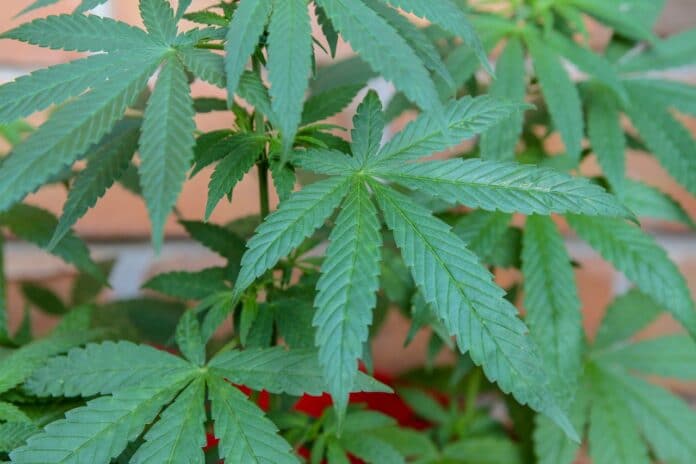The use of cannabis or cannabis-infused products has become much more common in recent years due to claims over the various benefits they may provide. They are most widely used for the treatment of sleeping disorders, anxiety, depression, and a number of other issues.
In addition to these problems, many regular users of cannabis-infused items state that it has also helped them in overcoming other addictions, losing weight, and managing chronic health issues.
Due to such claims, cannabis has become a fundamental item in many of the other industries. Different companies around the world are producing cannabis skincare lines, sleeping aid kits, edibles, and many other items.
Despite the popularity of cannabis, the medical community has mixed views on the so-called benefits of CBD and cannabis. It should be noted that only a few studies back up the actual advantages of using CBD.
RELATED: Do CBD Products Help in Treating Acne?
According to the medical literature present on CBD, it has been seen to only help with certain sleeping disorders. Other claims have no such scientific backing.
Secondly, even there is a need for further investigation even on the known benefits of cannabis-infused products because no research has looked upon the long-term health outcomes of using such products.
In the case of Cannabis, a recent study conducted by researchers at the University of Bath in the UK has shown that there may be another concern regarding the prevalence of cannabidiol products in the market and recreational cannabis on the streets – the potential for addiction and abuse.
Since CBD and cannabis are now a part of everyday life and even have scientific backing to an extent on their use, more and more states in the US, as well as countries around the world, are legalizing recreational cannabis.
In fact, more states have filed to legalize cannabis in the US prior to the presidential elections in November. Till now, it has been assumed that the chances of developing an addiction to cannabis are highly unlikely.
This is due to the low concentrations of the psychoactive drug called tetrahydrocannabinol or THC in the commonly available cannabis. Without the presence of THC, the risk of addiction and abuse is low.
However, in the new study, whose findings appear in the journal Addiction, researchers have reported that the concentrations of THC in local cannabis have been increasing in the past years with the increase in its demand and usage.
In accordance with the findings of the study, the levels of THC in herbal cannabis have increased fourteen percent from 1970 to 2017. Moreover, cannabis resin, which is derived from herbal cannabis is even stronger than before.
From 1975to 2017, THC in cannabis resin increased by twenty-four percent. This means that the resin used today is even stronger in comparison with herbal cannabis itself.
The rising levels of the psychoactive THC in locally available cannabis should be a cause of concern as states continue to legalize it as it puts many people including young adults and teenagers at risk of having an addiction.




